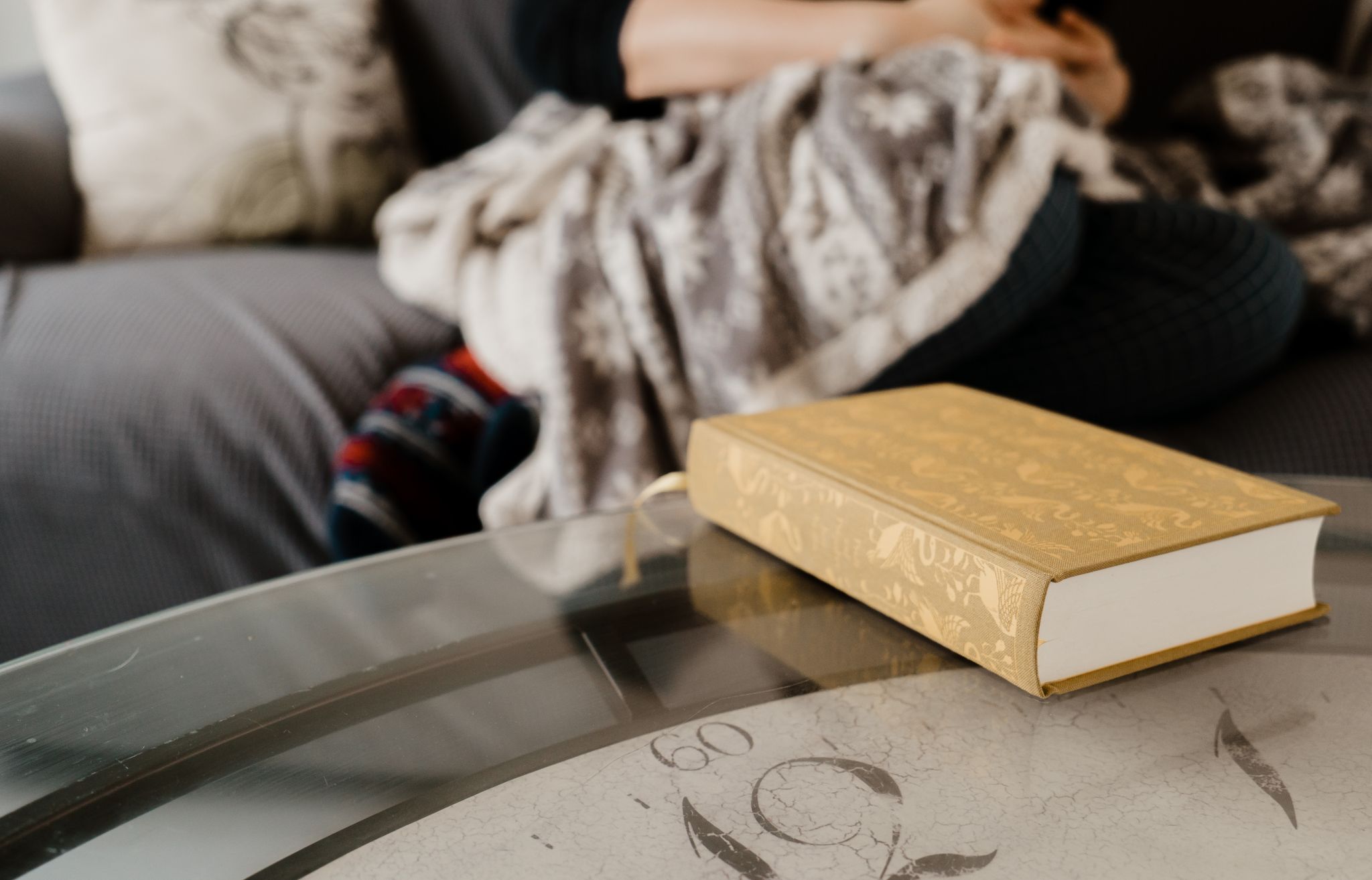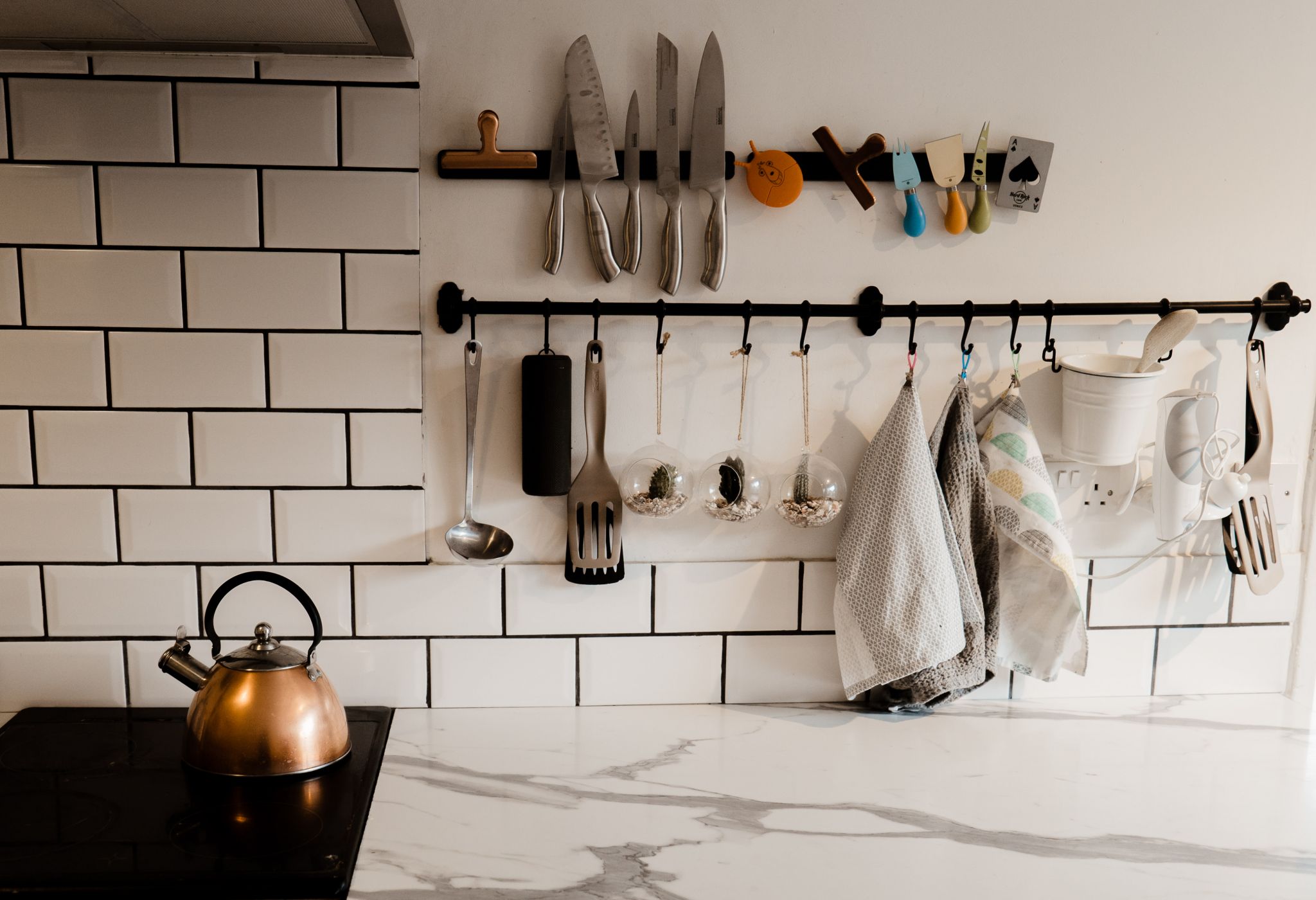There are so many of us who have chapters in our lives filled with hidden depression, anxiety, stress or panic attacks. Discussions over mental health have risen significantly in recent years. However, it is still not talked about openly with ease, and guidance in the form of traditional therapy isn’t always available or a financial option. We are so conditioned to pull ourselves up, put a smile on, and keep trudging forward. As someone who has suffered from panic attacks, depression and anxiety in my adult life, I am ecstatic that these struggles are being brought to light. It’s wonderful that this once-taboo topic is being brought to the mainstream. One tip to remember when creating your mindful habit: there is no one way. And there is no right way. While I do feel well-equipped to discuss what self-care I practice, I still have a long way to go on my mental health journey. Maybe we can work through it together.

Maintaining a mindful morning routine
Your mindful morning starts at bedtime night before. It’s crucial to rest and get quality sleep for a better mental state. Anyone else spend hours awake, with the repetitive thoughts going over and over? Yep, insomnia can be so isolating. I’ve shared in the past my techniques and tools for sleeping better. Practising healthy boundaries with your evening routine will make it easier to rise relaxed and set up for a mindful morning.

For those suffering from anxiety and depression, early rituals can set you up and help with mental well-being during the day. It’s important to take these extra minutes of the day for self-care. Your routine will be specific to you. Everyone is unique; our bodies, minds and spirits are going to feel invigorated in different ways. Have something to look forward to – for me it is listening to a podcast and having a slow, relaxed start to my day. I clean my kitchen and have a cooked vegan breakfast and a cup of coffee with my husband. You may find yourself craving exercise, fresh air, reading or meditation. Find yourself a handful of rituals that you know ground you. Check-in with your body and honour your needs and feelings. Morning routines encourage presence and grounded living.
Unplug to recharge
Technology today has an addictive design. Resisting technology is a great way to revive and nourish your mind. Social media gives the illusion of perfect lives, filled with ultimate experiences. These displays of ideal, unachievable lives do no good for anyone’s mental health.
It’s a good idea to have a digital detox – ditch your phone and head for the door. Living in a modern, technology-driven way, our modern culture keeps us indoors and glued to a screen. Whether you live in an urban city or have vast green spaces on your doorstep, there are infinite ways to weave nature-based therapy into your everyday life. When you step outside, notice the subtle shades of nature and the cool breeze sweeping by, reminding you to breathe. Research supports the idea that time spent outside is a long-term remedy to many modern-day illnesses.

Prioritize Wisely
In the past, if I have had a massive list of tasks ahead of me, instead of being able to map out a healthy schedule, I end up getting overwhelmed and getting nothing done. I couldn’t count on my depressed self to be productive without structure. The technique that has helped me with this is to use the tomato timer. This works by first setting a task and working on it until the timer goes off after 25 minutes. This keeps me focused for the time, and after the timer rings, I then get a 5-minute break for a walk or a coffee. After 4 of these sessions, I then get a more extended 30-minute break.
Half of the battle is starting, and using the tomato timer helps create a realistic schedule that breaks down each task and makes them less intimidating. By creating a sensible plan, it becomes clear what needs to be accomplished versus what you wish you could achieve in a perfect world.

Ask for help
Needing help is not a weakness! Life is hard. Everyone has their own struggles, and you might be surprised by who you can connect with over your hardships. Finding a therapist can feel daunting, and the thought of pouring your heart out and being vulnerable with a stranger may leave you uncomfortable. However, a therapist’s external point of view can be an essential part of guiding us into a deeper understanding of ourselves—and a key to living our healthiest lives.
If you’re not quite ready for therapy or are unable to attend therapy for any reason, there are other options. You can always confide in a trusted friend, family member, or doctor. My GP referred me to a group NHS session regarding insomnia; this talking therapy and toolset helped me so much. After coming up with every reason why I shouldn’t go and having a panic about going in, I entered a room full of people having the same sort of problems as myself.
Online counsellors are a relatively new option. This option can make you feel comfortable and supported as you can communicate in your own way at times to fit in with you. Always remember, life is hard, and it doesn’t hurt to have someone to talk to about it. If you have previous counselling experience and are interested in learning about online therapist jobs you can find out more at BetterHelp.
The conversation around mental health, wellness and mindfulness have been popularized recently, though the fight for complete normalization is far from over. It’s scary to feel out of control, but there are ways to take charge of life amidst chaos. With one step at a time and the proper support system, you can conquer the things which feel impossible. Be patient with yourself and your journey. It takes time to open up and create healthy habits. Schedule in time for self-care, resist constant technology, prioritize tasks that actually need to be done, and ask for help when it starts to feel like everything is too much to on your own. And, a reminder, you are not alone.

If you are in a crisis or any other person may be in danger, these resources can provide you with immediate help.
UK & Republic of Ireland
Emergency: 112 or 999
Non-emergency: 111, Option 2
24/7 Helpline: 116 123 (UK and ROI)
Samaritans.org: https://www.samaritans.org/how-we-can-help-you/contact-us
YourLifeCounts.org: https://yourlifecounts.org/find-help/

